Nigeria’s president and the 36 states governors appear to be on a collision course over the proposed tax reform bill currently at the National Assembly.
The president has rejected a recommendation by the National Economic Council (NEC) that the tax reform bills should be withdrawn for further consultation.
Join our WhatsApp ChannelThe NEC, led by Vice-President Kashim Shettima and comprising governors of the 36 states of the Federation had after their meeting on Thursday, advised the tax reform bills be withdrawn following disagreements and concerns raised by various groups over provisions in the proposed laws.
Prime Business Africa had reported that the northern governors’ forum rejected the bill, particularly the aspect focusing on distribution of revenue earnings from Value added Tax based on derivation.
Apart from the northern governors, and their leader, Inuwa Yahaya of Gombe State, the meeting was also attended by traditional rulers from the region, led by the Sultan of Sokoto, His Eminence Muhammadu Sa’ad Abubakar III.
In a statement on Friday, Tinubu’s spokesperson, Bayo Onanuga, said the president, who commended the NEC, for the advice, however, insisted that he will not withdraw the bill, asserting that the legislative process, which has already begun would provide an opportunity for inputs and necessary changes without withdrawing the bills from the National Assembly.
READ ALSO: Fresh Hurdle For Tax Reform Bill As Northern Governors Reject Proposal
The statement said Tinubu, who urged NEC to allow the process of the lawmaking to take its full course, expressed readiness for further consultations and engagement with key stakeholders to address any reservations about the bills while the National Assembly considers them for passage.
Onanuga emphasised that when President Tinubu set up the Presidential Committee on Tax and Fiscal Policy Reform in August 2023, his primary goal was to reposition the economy and create a conducive environment that encourages investment and business growth and productivity.
“This objective remains more critical even today than ever before,” Onanuga added.
He pointed out that the Presidential Committee on Fiscal Strategy worked for over a year and received inputs from various segments of society across the geopolitical zones, including trade associations, professional bodies, different Ministries and Government Agencies, Governors, traders, students, business owners, and the organised private sector.
The Tax Reform Bills
He said the tax reform bills that were sent to the National Assembly emerged from inputs aggregated by the Presidential Committee.
“The tax bills before the National Assembly aim to streamline Nigeria’s tax administration processes, completely overhaul the nation’s tax operations, and align them with global best practices,” part of the statement read.
The tax bills include, the Nigeria Tax Bill; The Nigeria Tax Administration Bill (NTAB); The Nigeria Revenue Service (Establishment) Bill.”
He stressed that the major goal of introducing the bill was to effectively coordinate federal, state, and local tax authorities, “thereby eliminating the overlapping responsibilities, confusion, and inefficiency that have plagued tax administration in Nigeria for decades.”
According to the statement “Under existing laws, taxes like Company Income Tax (CIT), Personal Income Tax (PIT), Capital Gains Tax (CGT), Petroleum Profits Tax (PPT), Tertiary Education Tax (TET), Value-Added Tax (VAT), and other taxing provisions in numerous laws are administered separately, with individual legislative frameworks.
“The proposed reforms seek to consolidate these numerous taxes, integrating CIT, PIT, CGT, VAT, PPT, and excise duties into a unified structure to reduce administrative fragmentation.”
While noting that there may be differences in approach or specific provisions of the new tax bills, the presidency insisted that it is clear there is a need to review the country’s tax laws and how they are administered to serve the overall national development agenda.
Onanuga added that the president “will continue to respect and welcome the advice and recommendations of the National Economic Council, an essential constitutional organ of government on economic matters.”
Earlier in a statement to clarify the issues raised by the northern governors regarding the VAT distribution model and other aspects of the bills, the presidency said the new tax proposal seeks to “correct the inherent inequity in the current derivation model as a basis for distributing VAT revenue.”
According to the statement, the reform is not intended to undermine any part of the country.
“These reforms are critical to improving the lives of Nigerians and were not put forward by President Tinubu to undermine any part of the country. There is no better time than now for the National Assembly to give due consideration to these bills that will overhaul our tax systems and create the revenue all the tiers of government require to fund the development our country and people urgently need,” it emphasised.
Victor Ezeja is a passionate journalist with seven years of experience writing on economy, politics and energy. He holds a Master's degree in Mass Communication.

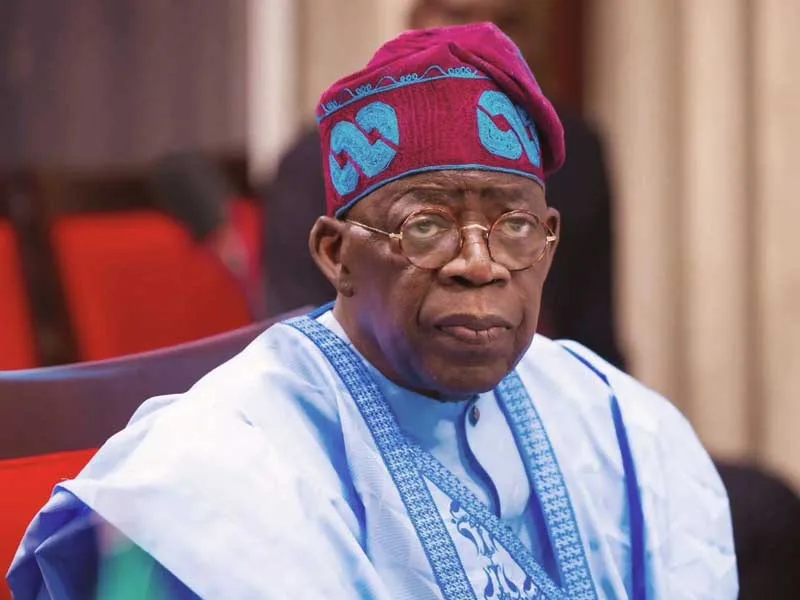



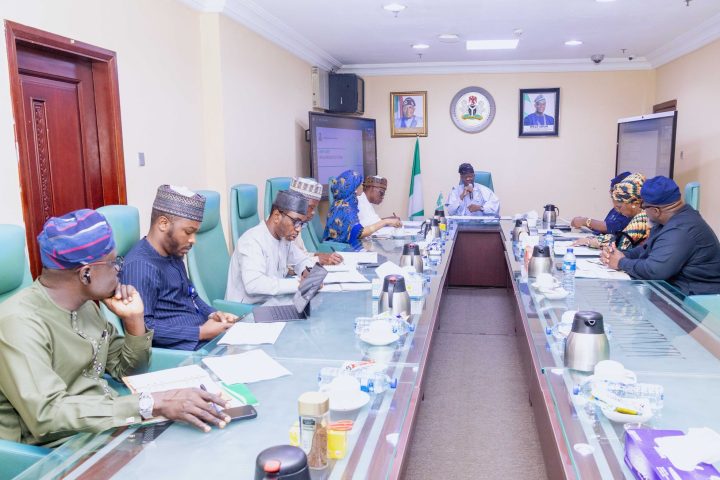








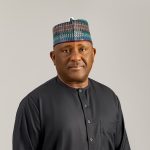
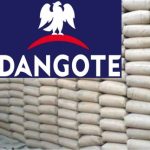


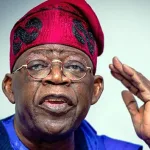
Follow Us